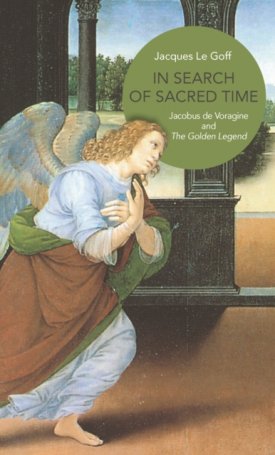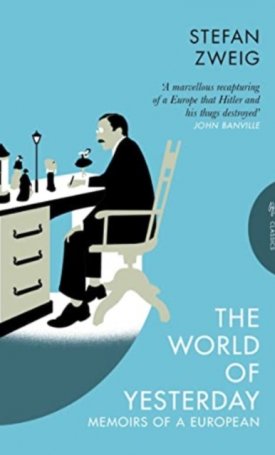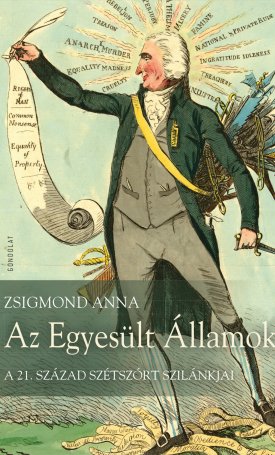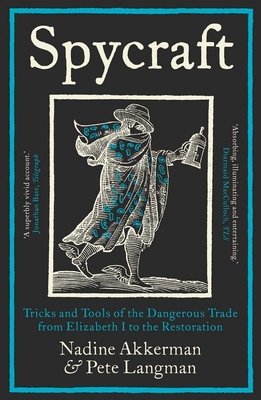Must We Divide History Into Periods?
Must We Divide History Into Periods?
We have long thought of the Renaissance as a luminous era that marked a decisive break with the past, but the idea of the Renaissance as a distinct period arose only during the nineteenth century. Though the view of the Middle Ages as a dark age of unreason has softened somewhat, we still locate the advent of modern rationality in the Italian thought and culture of the fifteenth and sixteenth centuries.
Jacques Le Goff pleads for a strikingly different view. In this, his last book, he argues persuasively that many of the innovations we associate with the Renaissance have medieval roots, and that many of the most deplorable aspects of medieval society continued to flourish during the Renaissance. We should instead view Western civilization as undergoing several "renaissances" following the fall of Rome, over the course of a long Middle Ages that lasted until the mid-eighteenth century.
While it is indeed necessary to divide history into periods, Le Goff maintains, the meaningful continuities of human development only become clear when historians adopt a long perspective. Genuine revolutions—the shifts that signal the end of one period and the beginning of the next—are much rarer than we think.
ABOUT THE AUTHOR
Jacques Le Goff (1924–2014), for many years director of studies at the École des Hautes Etudes en Sciences Sociales in Paris, was a highly influential member of the Annales School. Among his other works are Time, Work, and Culture in the Middle Ages and Constructing the Past: Essays in Historical Methodology.
M. B. DeBevoise translates from the French and Italian in every branch of scholarship.
A Note on the Translation
Preface
Acknowledgments
Prelude: Periodization and the Past
1. Early Periodizations
2. The Late Appearance of the Middle Ages
3. History, Education, Periodization
4. Birth of the Renaissance
5. The Renaissance Today
6. The Middle Ages Become the Dark Ages
7. A Long Middle Ages
Conclusion: Periodization and Globalization
Notes
Bibliography
Index




















